I took the only spare chair on the terrace of the Modern bar, one of four bars on this Provençal village square. By repute, it’s the bar where the least snobbish of the villagers meet and drink. Rough, some might say. Old-fashioned ideas of masculinity and femininity are more clearly marked here than at the posher bars up the road. It was market day. Sixty or so locals, plus one Englishman — moi — occupied the steel-framed wicker chairs arranged around the trunk of a plane tree.
At the next table a sweet little girl in a pink kimono embroidered with flowers had a balloon attached to a small bat by a string. She was batting her balloon in a desultory, bored manner. She reacted to my loving smile by scowling and looked away. Six leathery old men were betting noisily on a card game with square plastic counters and swilling back glasses of watered anisette. Beyond them, at an eight-seater table, males and females of three generations of the same family sat in perfect accord. The children sucked their neon-bright drinks through straws with restrained avidity. At a farther table was an emaciated, ladylike alcoholic or perhaps heroin addict, or perhaps both. French pop music — I will never be reconciled to it — blared from a source inside the café. French conversational hubbub whirs faster and at a higher pitch than an English one, and is punctuated with shouts. The café parasols weren’t unfurled yet and the mid-morning sun was burning my neck.
In last year’s regional elections, in the crucial second round of voting, 45 per cent of these villagers voted for Marion Maréchal-Le Pen of the National Front, and 54 per cent for a party called the ‘Union of the Right’. I could safely say that the strange faces and other minds surrounding me were of a deeply conservative nature. Beyond this enlightening snippet found on the internet, however, I found the Provençal French impossible to fathom. The complexes behind the tanned faces seem unknowable. I can’t even guess, for example, whether the French Republic is divided by self-conscious social classes as in Britain or, if it is, how to begin to recognise them. I’ve heard stories of rampant snobbery, but that isn’t quite the same thing, and could be driven by simple vulgarity. Here I feel so deprived of familiar references that I find myself surmising blackly violent political undercurrents, or unbelievable sexual licentiousness, or even Satanism, guiding the Provençal spirit. Learning their beautiful, disenchanted language more thoroughly might help to fathom them better, I suppose. But even among French people one knows who are also fluent English speakers the inscrutability remains.
Where was the service, I wondered? Ah, here she came at last: an unbeatable mid-20s poem of French female sexuality on long, bare, tanned, muscular legs. Expressionless face. Perhaps a bit haughty. Maybe just tired. She’s working like a slave and hasn’t the time or the energy to notice the customer behind the order. I’ve been chemically castrated these last two years. But back in the balmy days when I had a sex drive, I might have been forced to put out an experimental feeler, in spite of her being completely out of my league. After delivering my glass of beer, she snatched a few moments to lounge in the café doorway and puff dejectedly on a cigarette.
‘Young man, do you mind if I draw up a chair? Your table has the only space left.’ A tiny woman, aged about 80, plastered in make-up, wearing a preposterous hat.
Clipped, upper-class accent. ‘Help yourself, sweetheart,’ I said. She stowed her shopping basket under the table and when the waitress came over I studied my hairless forearm while the old lady considered what to drink, finally choosing a ‘petit blanc’. Her name, she said was Ethel, but pronounced Ettel. She came here 40 years ago. ‘It was so much better in those days,’ she confided, ‘before the English colony came and ruined it.’
‘What’s the matter with it?’ I said.
She was a socialist and an intellectual, she said, who preferred the company of other socialist intellectuals. But the English who came to live here nowadays were so conservative and unintellectual that she felt isolated and her brain felt undernourished. I told her that I had met perhaps a dozen or so of the English expat community and every single one of them was a socialist intellectual. ‘Really?’ she said, visibly shocked. ‘Well, I certainly haven’t met them. You must introduce me. You aren’t an intellectual though, are you?’ ‘I sincerely hope not,’ I said. ‘Please excuse me.’
I rose. Making my way between the chair-backs on the way out, I caught the waitress’s eye. I widened my eyes at her and licked my lips. Unbelievably, she came momentarily out of deadpan to wrinkle her pretty nose at me.
The post Low life appeared first on The Spectator.
Got something to add? Join the discussion and comment below.
Get 10 issues for just $10
Subscribe to The Spectator Australia today for the next 10 magazine issues, plus full online access, for just $10.
You might disagree with half of it, but you’ll enjoy reading all of it. Try your first month for free, then just $2 a week for the remainder of your first year.


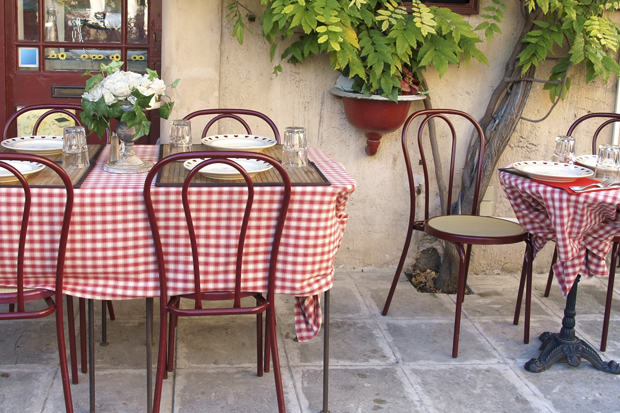

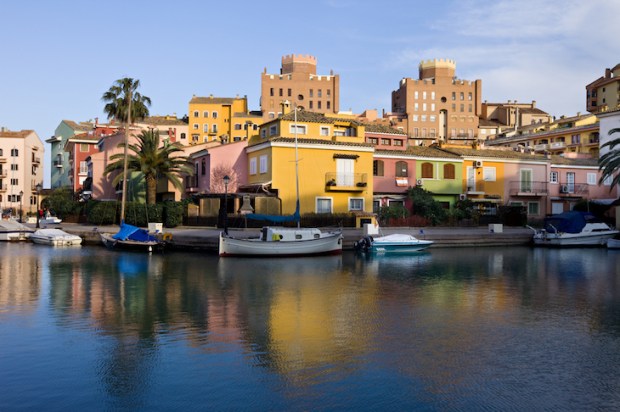

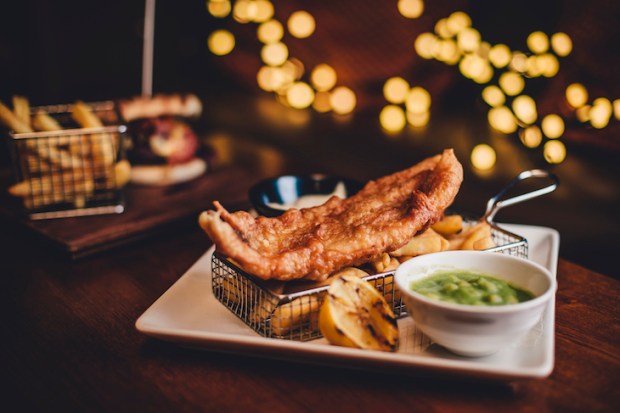
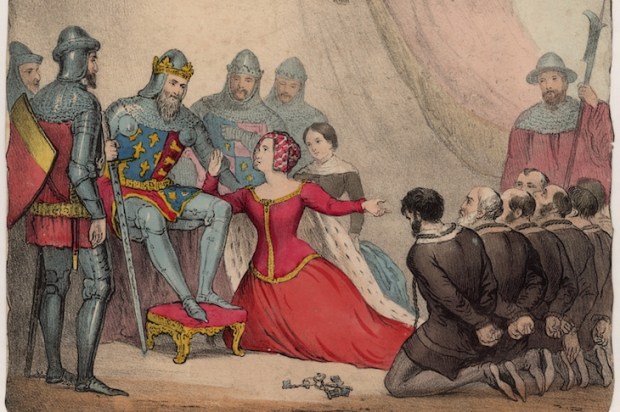
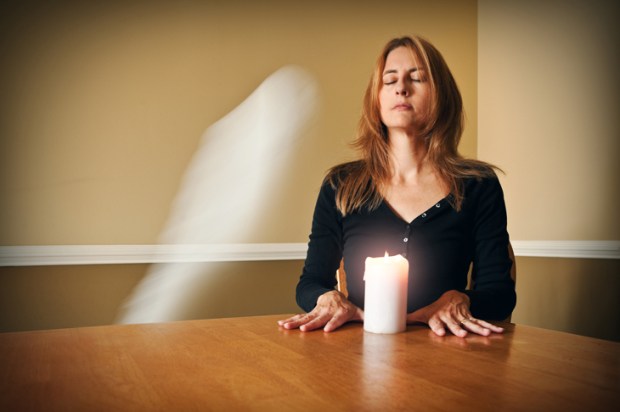






Comments
Don't miss out
Join the conversation with other Spectator Australia readers. Subscribe to leave a comment.
SUBSCRIBEAlready a subscriber? Log in